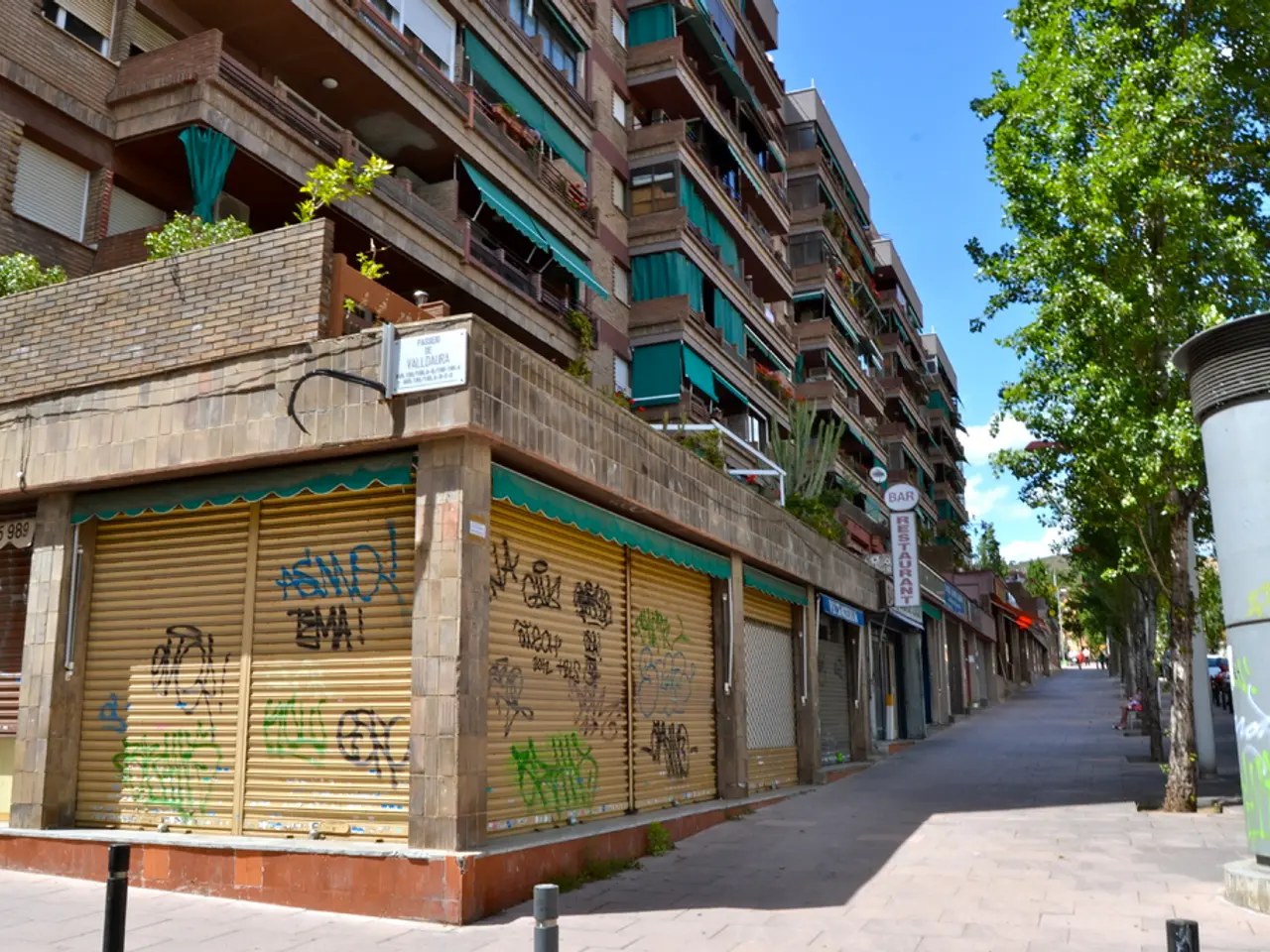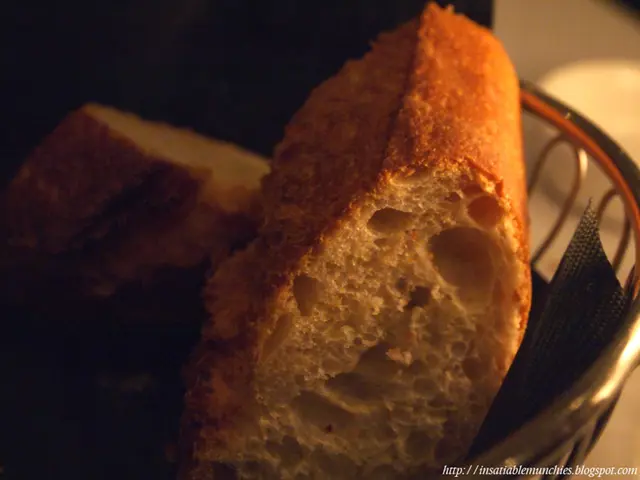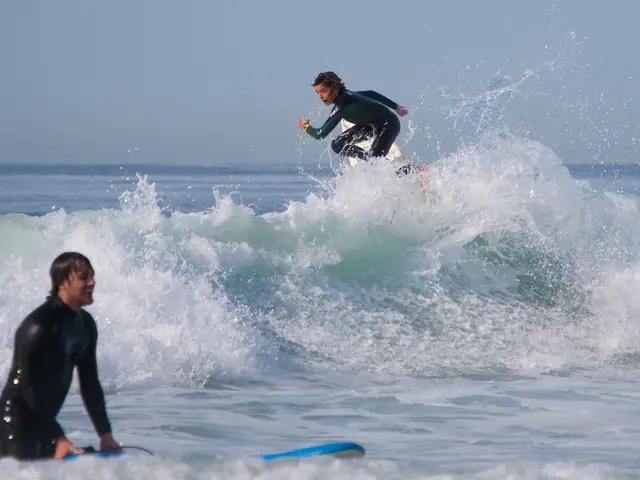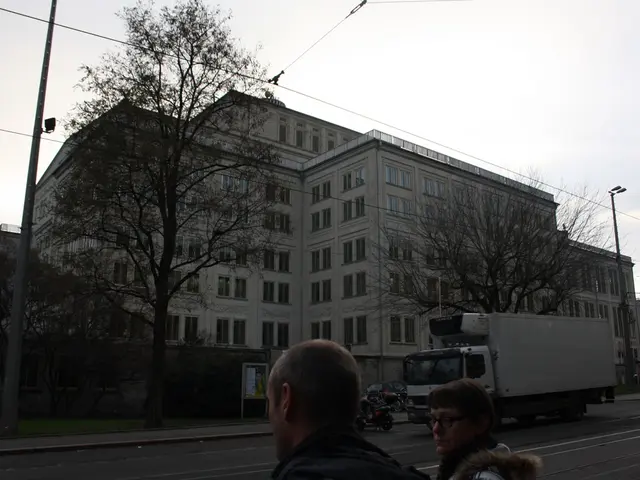Neighborly Harmony Honorees - The Laureates of 'Klever Pear 2025'
On September 11, 2025, the third edition of the Smart Pear Sustainability Award was held in Kleve, marking a significant step towards a more sustainable city. The competition, a collaboration between the TransRegINT project and the city of Kleve, themed "Sharing Economy", attracted 22 creative applications this year.
The Solidarische Landwirtschaft Kleve association emerged as the second prize winner, taking home €1,500 to invest in an irrigation system for their winning idea. Their concept involves distributing harvest among members in exchange for a membership fee and assistance. This innovative approach to solidarity agriculture is set to revolutionise local farming practices.
Meanwhile, the first prize was awarded to the team "10 m2 Neighborhood" for their idea of transforming parking spaces into neighbourhood meeting points. Their unique proposal aims to foster community engagement and promote a greener cityscape.
The audience award went to Hien Do, a student at the university of Applied Sciences Rhein-Waal, for his idea of food forests for the second consecutive year. Although the official press documentation does not specify who received the Audience Award for the concept "Food Forests" in the third edition, Hien Do's work has already begun to transform local gardens into edible forests.
In addition to these, Sanjha - Sharing Hub, an idea by students Hannah S. David and Kirandeep Kaur, won the third prize. Sanjha aims to promote sharing of items through exchange stations and a companion app, encouraging a more sustainable lifestyle.
The diversity of ideas presented at the competition ranged from exchange stations, neighbourhood initiatives, and networking platforms, to sensors for environmental data, a reusable cup system, and food forests.
Joachim Schmidt, deputy mayor of the city of Kleve, emphasized the value of the award and encouraged the teams for their presentations. The university of Applied Sciences Rhein-Waal, recognising its role in the region, promotes engagement for sustainable measures.
The jury for the Smart Pear competition this year consisted of Herbert Looschelders, Dirtje Derksen, Nadja Brauer, Michael Gesikiewicz, representatives from Sozial- und Ökologiestiftung Kleve, AG Klima Kreis Kleve, Berufsbildungszentrum Kreis Kleve, and SOS-Kinderdorf Niederrhein.
Citizens were invited to submit their creative ideas for making the city more sustainable. One such idea, currently in the planning stages, is the first food forest garden in Kleve.
The Smart Pear competition has gained popularity in its third year and is set to continue inspiring sustainable ideas and practices in the city of Kleve.
Read also:
- Inherent Skills Know No Bounds, Yet Access to Employment Remains Unequal: Suggestions for a More Equitable Job Market of the Future
- Affordable supermarket purchases from dollar stores are not sabotaging typical American nutritional habits, according to research findings
- Impact of Chronic Stress on Cognitive Function and Brain Integrity Over Time
- Subaquatic Education Bundle








